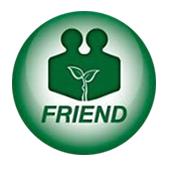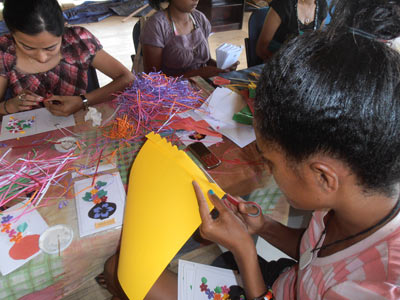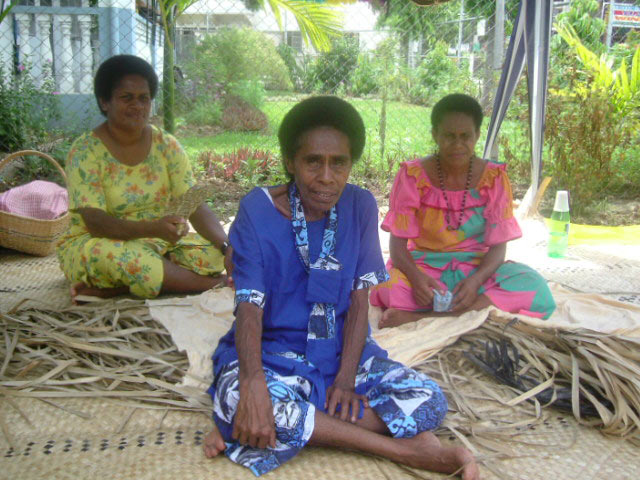Advocacy & Awareness Activities
NCD Awareness – FRIEND has evolved various activities for continued awareness on lifestyle diseases. These include Diabetes Awareness Campaigns, Sporting Activities, Healthy Food Competitions and Film Festivals.
Fiji as well as the Pacific region has been declared in NCD crisis by the Pacific Forum Leaders. Non Communicable Diseases (NCDs) contribute to 80% of all deaths in Fiji. Of all known NCDs Diabetes is the biggest contributor to deaths and disability in Fiji.
FRIEND is calling on each individual to take the threat of diabetes seriously and take a pledge to lead healthier life.
Pledge Video
FIJI FACTS to date
- Lower limb amputation every 12 hours (2 per day = ~730 amputations in a year)
- The Biggest cause of Chronic and End Stage Kidney disease in Fiji.
- The Biggest cause of Adult Blindness in Fiji
- The Biggest cause of heart attack and stroke in Fiji.
- The youngest Diabetic (Type II) in Fiji is an 11year old child.
- The current rate of Diabetes in Fiji is 30 % and expected to reach 50 % in the next 5-10 years if it continues to be ignored.
MDG Awareness
The Millennium Development Goals (MDGs) are eight international development goals that were established following the Millennium Summit of the United Nations in 2000, following the adoption of the United Nations Millennium Declaration. All 189 United Nations member states at the time (there are 193 currently) and at least 23 international organizations committed to help achieve the following Millennium Development Goals by 2015:
- To eradicate extreme poverty and hunger
- To achieve universal primary education
- To promote gender equality and empower women
- To reduce child mortality
- To improve maternal health
- To combat HIV/AIDS, malaria, and other diseases
- To ensure environmental sustainability
- To develop a global partnership for development
(Link to MDG page – http://www.un.org/millenniumgoals/ & GCAP http://www.whiteband.org/ )
FRIEND has been involved in various discussions and lobbying for the Post 2015 Agenda on Sustainable Development Goals.
Web address
Adult & Basic Education
Adult education is a practice in which adults engage in systematic and sustained learning activities in order to gain new forms of knowledge, skills, attitudes, or values. It can mean any form of learning adults engage in beyond traditional schooling, encompassing basic literacy to personal fulfillment as a lifelong learner. In particular, adult education reflects a specific philosophy about learning and teaching based on the assumption that adults can and want to learn, that they are able and willing to take responsibility for that learning, and that the learning itself should respond to their needs.
Driven by what one needs or wants to learn, the available opportunities, and the manner in which one learns, adult learning is affected by demographics, globalization and technology. The learning happens in many ways and in many contexts just as all adults’ lives differ. Adult learning can be in any of the three contexts i.e.
- Formal – Structured learning that typically takes place in an education or training institution, usually with a set curriculum and carries credentials,
- Non-formal- Learning that is organized by educational institutions but non credential. Non-formal learning opportunities may be provided in the workplace and through the activities of civil society organizations and groups
- Informal education-Learning that goes on all the time, resulting from daily life activities related to work, family, community or leisure (e.g. community baking class)
- FRIEND is a member of Asia South Pacific Association for Adult and Basic Education
FRIEND has supported thousands of Fiji students from underprivileged families from 2001 to 2012 with tuition fees for primary and secondary school education through the SAHARA Scholarship Fund. The scheme was halted with the announcement of Free Primary & Secondary Education for all in 2013.
Environment Campaigns – The campaign inspires and empowers communities on cleaning of rubbish, recycling waste and planting of trees to reduce risks of landslides and soil erosion. It gets the communities to assess their vulnerabilities to climate change and practice sustainable development.
Skills Workshops – These workshops are aimed at learning of craft work that may be utilized for potential income generation projects by the beneficiaries. These range from coconut crafting, paper making, mirror making, candle making, weaving, macramé and tapa making.




